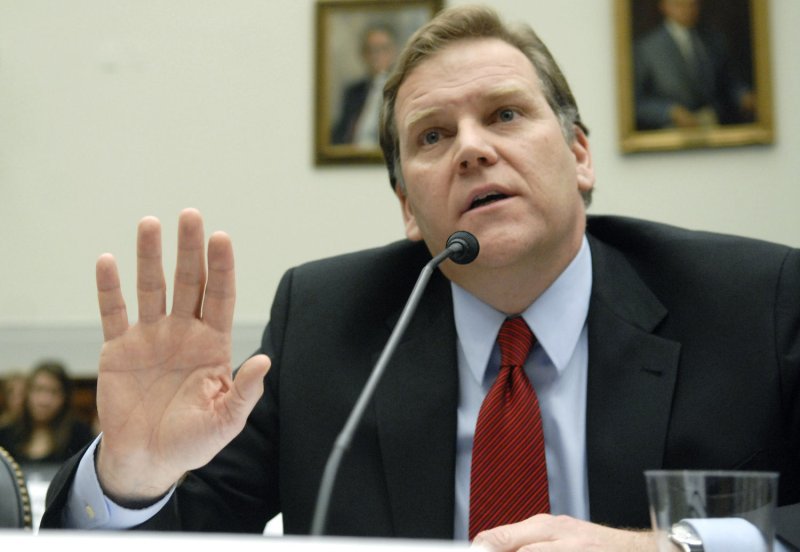WASHINGTON, Feb. 10 (UPI) -- The new Republican chairman of the U.S. House intelligence panel said Thursday Congress will take a more assertive role in intelligence oversight.
Chairman Mike Rogers of Michigan said, "Our job here in Congress is to make sure that our intelligence agencies have the tools and authorities they need for their important mission and that we never stop working to improve the intelligence community's effectiveness."















